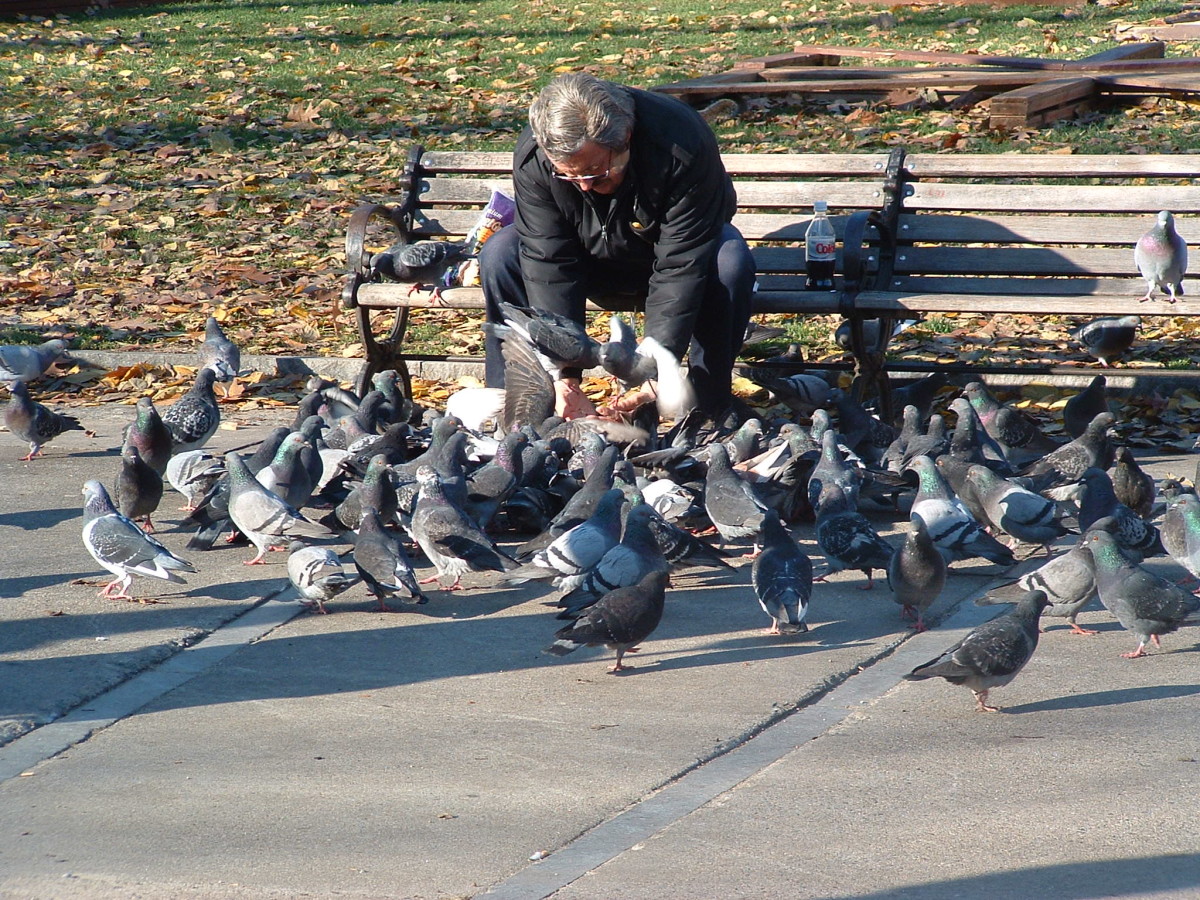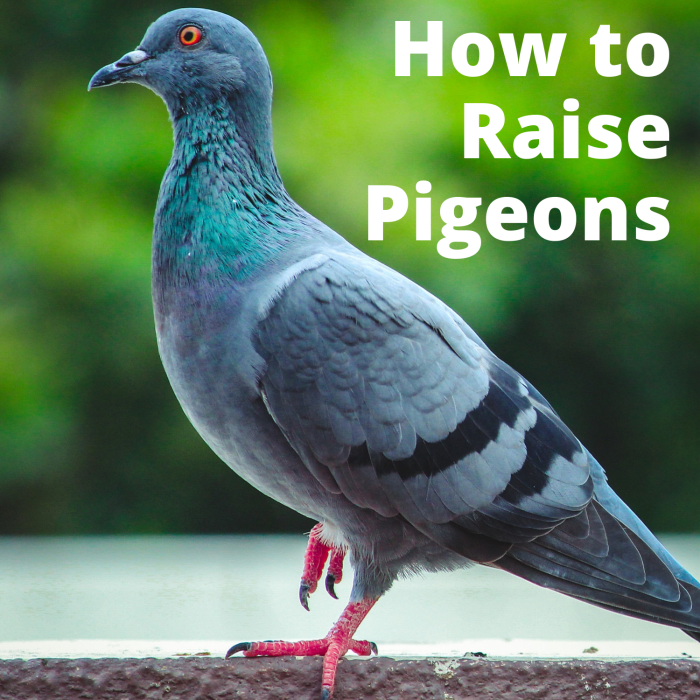Raising Pet Pigeons
Starting from Scratch
As gentle and loving creatures, pet rock doves can make wonderful companions. While they are often misunderstood as pests, with proper care these intelligent birds thrive as indoor or outdoor pets. For those wanting the experience of raising pigeons from hatchlings, the journey starts with a fertile egg. Only incubate eggs from trusted breeders, as wild rock doves carry diseases. Maintain a constant temperature of 99-100°F in the incubator for the 18 day incubation period. Hatchlings are tiny pink scraps of feathers, completely dependent on hand feeding a special formula every few hours.

The Early Days
In the first few weeks, baby pigeon care requires round-the-clock attention. Feedings, cleaning soiled crop milk, and keeping the nest area warm and dry are essential tasks. Providing a soft bedding, maintaining strict hygiene, and offering gentle socialization helps the squabs start to develop independent feathering and mobility. By 4 weeks, feathers have grown in and the youngsters begin experimenting with hopping and fluttering short distances. Their early lessons in trust lay the foundation for a lifelong bond between owner and pet.
Growing Feet and Wings
As feathers fill out, young pigeon growth accelerates. Between 4-6 weeks squabs start exercising their growing wings, hopping further each day. Ensure adequate space and perches for exercising growing legs and wings. Improved mobility also means managing early attempts at flight. Do not yet let the juvenile birds fully fly indoors as this is when accidents may occur. Keep practicing gentle handling and target training. By 2 months, the former squabs have transformed into lovely feathered companions ready to explore the world from a coop.
Introducing the Outdoors
Once fully feathered with strong flight muscles at around 2-3 months, pet pigeons can begin enjoying supervised outdoor time. Provide a spacious coop or large cage with perches, water, and feeding stations. Introduce one bird at a time on pleasant low-wind days to reduce stress. Remain nearby to recall the pet for checks, treats, and human affection breaks. As confidence grows over several short introductory sessions, the birds will realize their coop is home base. With patience during this crucial socialization period, the backyard coop can become a safe place of daily exercise and enrichment.
Training for Trust
Regular interactions are key to developing a strong bond with pet pigeons. Start indoors by simply offering millet sprig treats and gentle pets during calm moments. Progress to target training using short sessions, positive reinforcement, and lots of praise. Teach basic cues like “step up” onto your hand or target stick before allowing free flight. As trust grows, birds willingly perch on your arm outside. Never chase or grab a frightened pigeon—this destroys the training. With time and consistency, formerly wild companions will fly straight to your awaiting hand for scritches and treats.
Daily Care for Indoor Pets
For pigeons living full-time indoors, daily responsibilities include providing a spacious, cleaned cage. Offer bowls of whole grains, grit, cut veggies and proteins. Fresh water should always be available. Empty and scrub the droppings pan daily to minimize mess—newspaper under perches also helps contain droppings. Outside the cage, pigeons enjoy supervised floor time for exploring, exercising wings, and bonding activities. Window perches provide mental stimulation watching the outdoors. Regular exams, preventative healthcare, nail trims and cleanup baths keep indoor avian companions happy and healthy.
Flock Dynamics
When introducing a second pigeon, match compatible personalities and let the birds self-select. Chose pairs of the same gender or ones raised together from the start. Observe interactions daily—gentle preening and side-by-side perching signals acceptance. Separate any birds exhibiting aggression, then try gradual introductions with barriers in between. An established flock will spend hours grooming, sleeping and foraging together. Pigeons thrive on the company of their own kind, so providing at least pairs is best for their mental well-being as pets. With the right environment and introductions, these charming birds can develop complex social bonds both with their human and fellow feathered flockmates.
Rewards of Companionship
For those willing to put in the time and effort, a lifelong partnership with domestic pet pigeons offers great joy and learning. Watching the personalities and intelligence in each unique individual unfold is endlessly fascinating. Whether interactive play or quiet moments of peaceful coexistence, the gentle nature of pigeons nurtures a calming environment in the home. Their loyalty and affection shine through once mutual bonds of trust have formed. For bird lovers passionate about species conservation and education, welcoming pigeons indoors opens many avenues to teach others about the multifaceted worlds of these oft-maligned but remarkably special birds.
